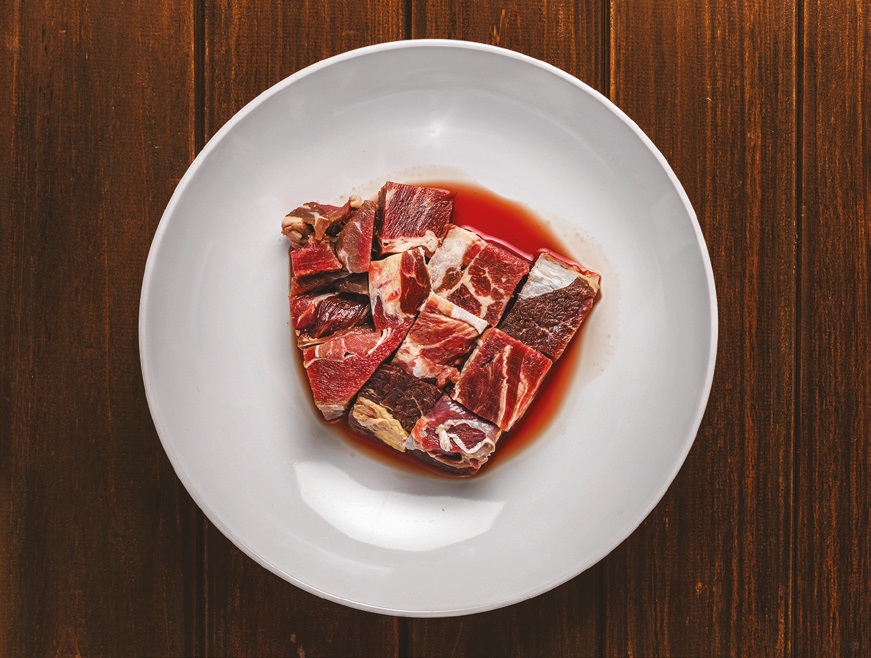The Future of Food
Food futurologists believe that a rapidly growing population, volatile food prices, and environmental factors will mean that we will have to change our eating habits.
So what might be on the menu in 20 years' time?
"Rising prices mean we are now starting to see the return of meat as a luxury. As a result we are looking for new ways to fill the meat gap," says food futurologist Morgaine Gaye.
Below are some alternatives to the food that we eat now.
Insects: Researchers at Wageningen University in the Netherlands believe that insects have similar nutritional values to traditional meat and they are a great source of protein. When compared to traditional livestock, insects consume less water and their carbon footprint is also smaller. With an estimated 1,400 species of insects that are edible to man, Gaye says “They will become popular when we get away from the word insects and use something like mini-livestock”.
Lab-grown meat: Growing meat in a laboratory is a possible alternative. Switching to lab-grown meat instead of slaughtering livestock would significantly reduce greenhouse gases and it would use much less energy and water. Lab-grown meat seems highly unusual at the moment because there is nothing like it in our supermarkets but it may become more commonplace in the near future.
Algae: Algae might be at the bottom of the food chain but in the future it might become far more popular. Some experts predict that Algae could become one of the world's biggest crops. Algae is a staple in Asian diets and countries including Japan already have huge Algae farms.

